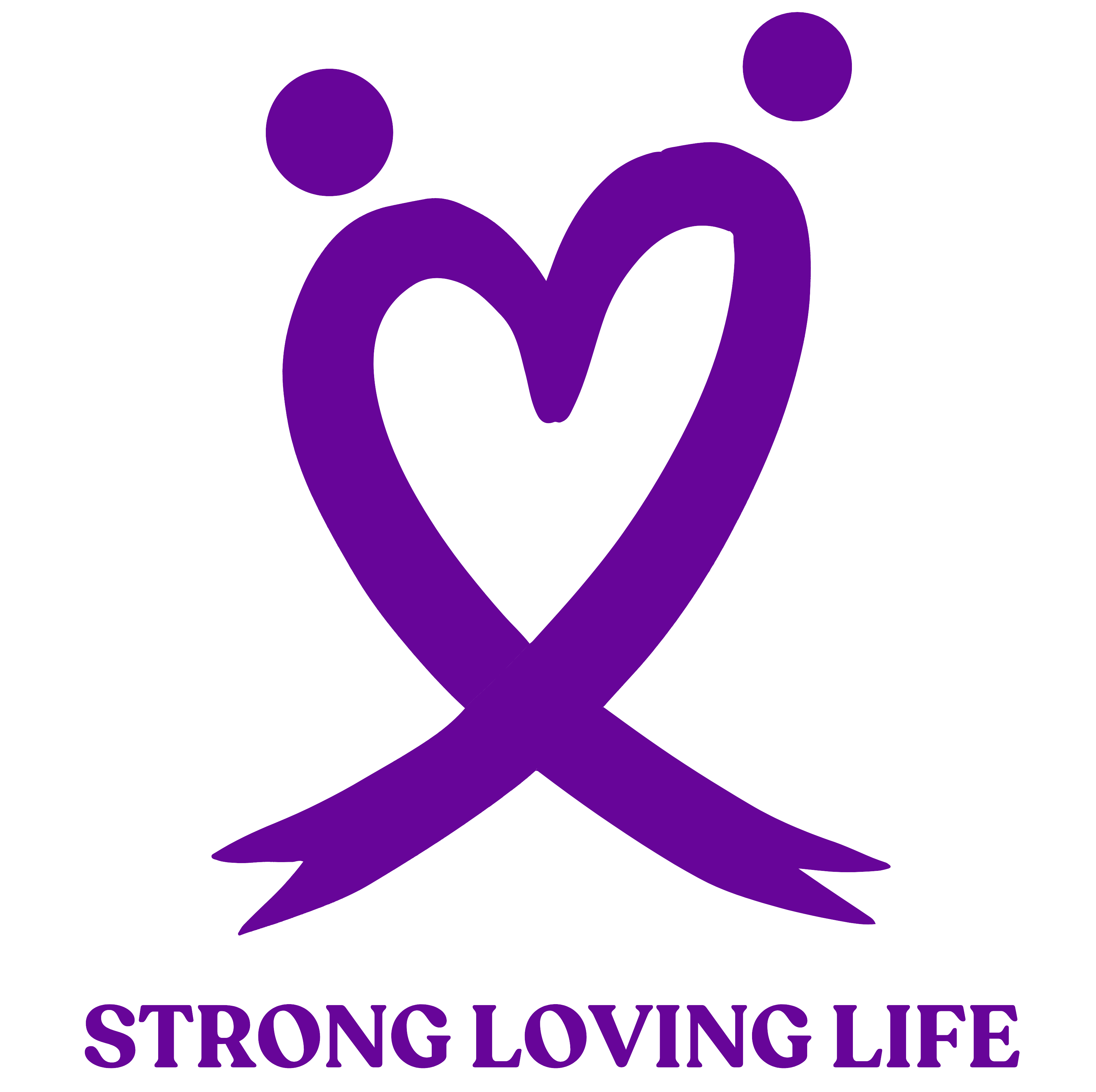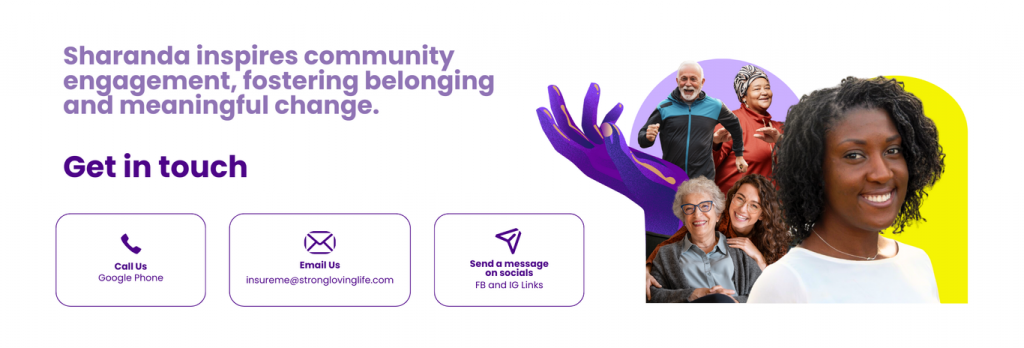Sugar, in its myriad forms, has become an almost ubiquitous presence in the modern diet. From the obvious culprits like sodas and candies to the hidden sugars lurking in seemingly healthy yogurts, sauces, and processed foods, its pervasive nature is undeniable. While offering a fleeting moment of pleasure, the long-term consumption of excessive sugar casts a long shadow over our health, impacting not just our physical well-being but profoundly influencing our mental landscape.
This article delves deep into the impact of sugar with our physiology and psychology, revealing a complex web of effects that underscore the urgency of mindful consumption.

The Physical Toll
The immediate gratification offered by sugar often masks a gradual, insidious assault on our bodily systems. The impact of sugar extends far beyond just weight gain, contributing to a spectrum of chronic diseases.
Obesity and Weight Gain
Sugar, particularly high-fructose corn syrup, provides calories without delivering satiety. It doesn’t trigger the release of hormones like leptin, which signal fullness, leading to overconsumption. Excess sugar is readily converted into fat in the liver, contributing to increased visceral fat (fat around organs) and a higher risk of obesity. This isn’t just about appearance; obesity is a gateway to numerous other health problems.
Increased Risk of Type 2 Diabetes
Chronic high sugar intake relentlessly challenges the pancreas, an organ responsible for producing insulin. Insulin escorts glucose from the bloodstream into cells for energy. Over time, cells can become resistant to insulin’s effects (insulin resistance), leading to persistently high blood sugar levels. This forces the pancreas to work even harder until it can no longer keep up, culminating in Type 2 Diabetes – a condition characterized by dangerously high blood glucose that damages nerves, kidneys, eyes, and the heart.
Heart Disease
Contrary to outdated beliefs that demonized dietary fat, mounting evidence points to sugar as a significant contributor to heart disease. High sugar consumption can:
- Elevate unhealthy triglyceride levels.
- Increase “bad” LDL cholesterol while lowering “good” HDL cholesterol.
- Contribute to high blood pressure.
- Fuel systemic inflammation, a key driver of atherosclerosis (hardening of the arteries).
Non-Alcoholic Fatty Liver Disease (NAFLD)
Fructose, a component of both table sugar and high-fructose corn syrup, is metabolized almost exclusively by the liver. When consumed in excess, the liver becomes overwhelmed, converting the surplus fructose into fat. This fat accumulates in liver cells, leading to NAFLD, a condition that can progress to more severe liver damage like non-alcoholic steatohepatitis (NASH), cirrhosis, and even liver failure.
Dental Decay
This is perhaps the most universally recognized impact of sugar. Bacteria in the mouth feed on sugars, producing acids that erode tooth enamel, leading to cavities and gum disease. The more frequent the exposure and the longer sugar lingers, the greater the risk.
Chronic Inflammation
A high-sugar diet promotes a pro-inflammatory state in the body. Chronic low-grade inflammation is implicated in a vast array of diseases, including arthritis, autoimmune disorders, certain cancers, and even neurodegenerative conditions.
Skin Issues
Sugar contributes to the formation of advanced glycation end products (AGEs), harmful compounds that damage collagen and elastin, the proteins that keep skin firm and supple. This can accelerate skin aging, leading to wrinkles and reduced elasticity. It can also exacerbate conditions like acne due to its impact on hormones and inflammation.

Impact of Sugar on Your Brain and Mood
The link between diet and mental health is increasingly recognized, and sugar plays a surprisingly significant role. Our brain, though only accounting for 2% of body weight, consumes a disproportionate 20% of our daily caloric intake. Its primary fuel is glucose, but too much or too little can throw it off balance.
Mood Swings and Energy Crashes
The classic “sugar rush” followed by a “sugar crash” is a direct consequence of erratic blood sugar levels. When you consume a sugary item, blood glucose spikes, triggering a surge of insulin to bring it down. If this response is too strong, blood sugar can plummet, leading to irritability, anxiety, difficulty concentrating, and fatigue – the very definition of a mood swing.
Increased Risk of Anxiety and Depression
Research suggests a strong correlation between high sugar intake and a higher incidence of anxiety and depression. Several mechanisms are at play:
Inflammation
As mentioned, sugar promotes systemic inflammation, which can affect brain function and neurotransmitter production.
Gut-Brain Axis Disruption
Sugar can negatively alter the gut microbiome, which communicates directly with the brain and influences mood, stress response, and even neurotransmitter synthesis.
Neurotransmitter Imbalance
Consistent sugar consumption can disrupt the delicate balance of neurotransmitters like serotonin and dopamine, both crucial for mood regulation.
Cognitive Decline and Brain Fog
The term “Type 3 Diabetes” has even emerged to describe the link between insulin resistance in the brain and conditions like Alzheimer’s disease. High blood sugar can impair synaptic plasticity (the brain’s ability to form new connections), reduce memory function, and contribute to general “brain fog” – difficulty concentrating, memory lapses, and reduced mental clarity.
Addiction and Cravings
Sugar activates the brain’s reward system, releasing dopamine, a neurotransmitter associated with pleasure and motivation. This creates a reinforcing cycle, leading to cravings and dependence. The brain starts to crave that dopamine hit, making it incredibly difficult to cut back, mirroring the pathways seen in substance addiction.
Sleep Disturbances
Consuming sugar, especially close to bedtime, can disrupt sleep patterns. The blood sugar rollercoaster can lead to awakenings during the night as the body tries to rebalance glucose levels, affecting the quality and duration of restorative sleep. Poor sleep, in turn, can exacerbate mood issues and cognitive impairment.

Natural vs. Added Sugars
It’s crucial to distinguish between naturally occurring sugars found in whole foods like fruits and dairy, and added sugars. While fruit contains fructose, it also comes bundled with fiber, vitamins, and antioxidants, which slow absorption and mitigate its impact. Added sugars, however, offer “empty calories” devoid of nutritional value.
Many people are unaware of just how much added sugar they consume daily. The World Health Organization (WHO) recommends reducing free sugar intake to less than 10% of total energy intake, with a further reduction to below 5% (about 6 teaspoons or 25 grams for an adult) for additional health benefits. The average Western diet far exceeds this.
Table: Common Names for Added Sugars on Food Labels
| Category | Examples |
|---|---|
| Syrups | High-Fructose Corn Syrup, Corn Syrup, Maple Syrup, Rice Syrup, Agave Nectar, Molasses |
| Sugars | Sucrose, Dextrose, Fructose, Glucose, Maltose, Lactose, Cane Sugar, Brown Sugar |
| Concentrates | Fruit Juice Concentrate, Fruit Nectar |
| Other | Maltodextrin, Caramel, Dextrin, Ethyl Maltol, Turbinado Sugar |
Strategies for a Sweeter, Healthier Life
You’ve seen the impact of sugar. Reducing sugar intake doesn’t have to be an extreme deprivation, it’s about making informed choices and gradually shifting your palate. Here are actionable strategies:
Become a Label Detective
Read nutrition labels carefully. Look for “added sugars” on the nutrition facts panel and check the ingredient list for the various names of sugar. Remember, ingredients are listed in order of quantity.
Reduce Gradually
Don’t try to go cold turkey if that feels overwhelming. Start by cutting out one sugary drink a day, or reducing the sugar in your coffee/tea by half.
Focus on Whole Foods
Prioritize whole, unprocessed foods like fresh fruits (in moderation, with skin on for fiber), vegetables, lean proteins, and healthy fats. These foods are naturally low in added sugar and provide satiety.
Hydrate with Water
Swap sugary drinks (sodas, juices, sweetened teas, sports drinks) for plain water, unsweetened sparkling water, or herbal teas.
Cook More at Home
When you prepare your own meals, you have complete control over the ingredients, including added sugar.
Beware of “Healthy” Traps
Many products marketed as “healthy” (e.g., granola bars, flavored yogurts, sauces, breakfast cereals) are laden with hidden sugars. Choose plain versions and add your own fruit or spices.
Pair Sugars with Fiber/Protein/Fat
If you do consume something with sugar, try to pair it with fiber, protein, or healthy fats. For example, eat fruit with a handful of nuts, or Greek yogurt. This slows sugar absorption and reduces the blood sugar spike.
Manage Stress and Sleep
High stress and poor sleep can trigger sugar cravings. Prioritize stress reduction techniques (meditation, exercise) and ensure adequate, quality sleep.
Listen to Your Body
Pay attention to how different foods make you feel. Notice energy dips, mood changes, or cravings after consuming sugary items.
Limit your sugar intake
The pervasive influence of sugar on our physical and mental health is undeniable. From contributing to chronic diseases like obesity, diabetes, and heart ailments to profoundly affecting our mood, cognitive function, and risk of mental health issues, its sweet allure carries a bitter truth. By understanding its impact, recognizing its hidden forms, and adopting mindful consumption strategies, we can reclaim control over our health.
Choosing to reduce our sugar intake is not just a dietary tweak, it’s a powerful step towards a more vibrant, energetic, and mentally resilient life. The journey away from the impact of sugar begins with awareness, empowering us to make choices that truly nourish our bodies and minds.














